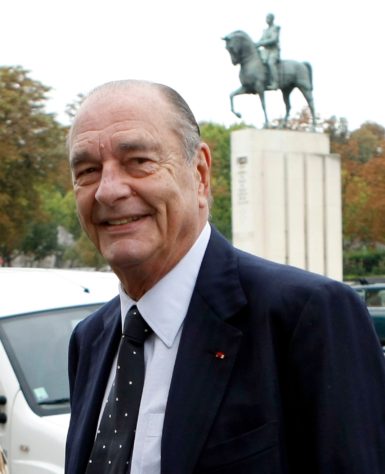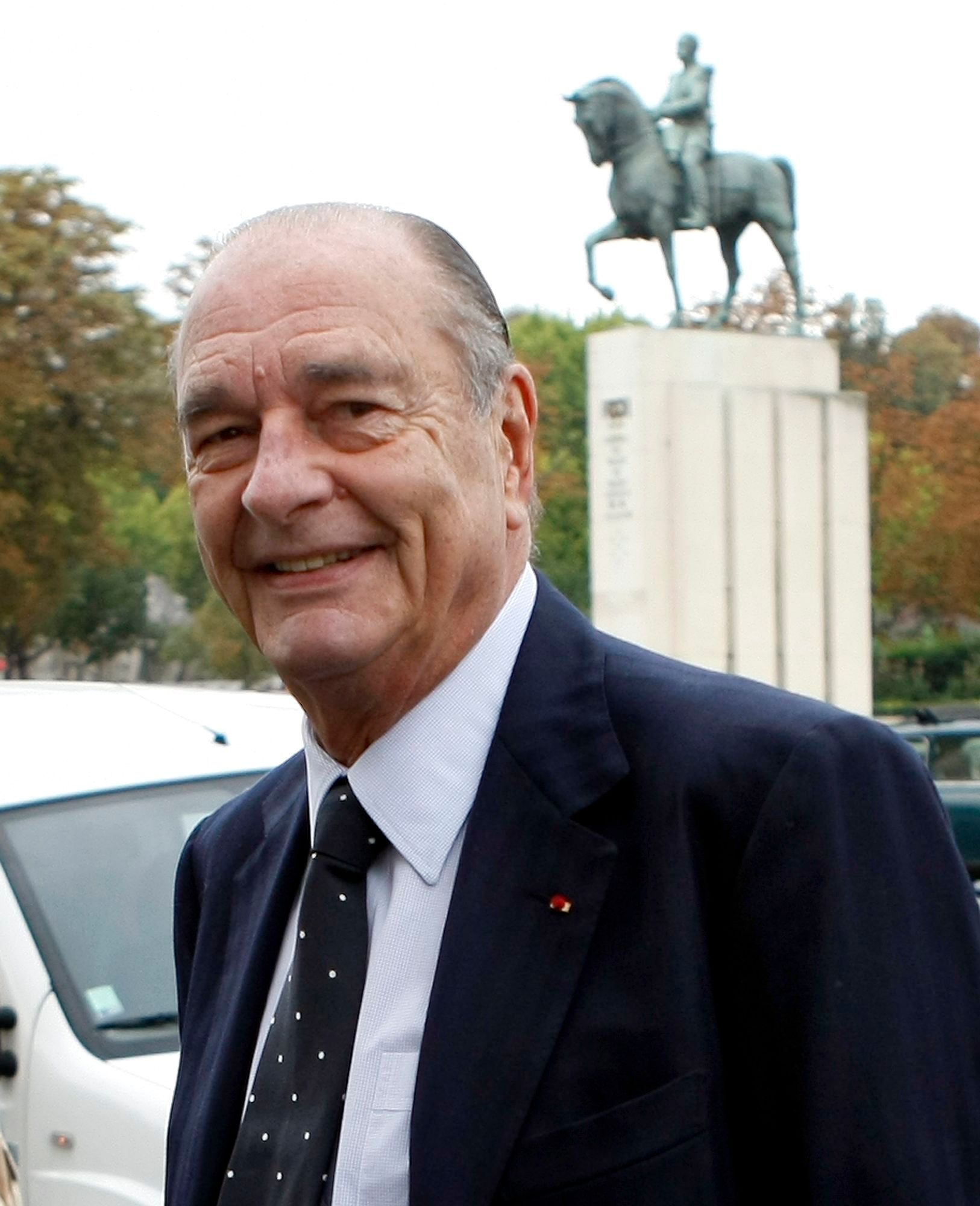[ad_1]

Jacques Chirac.
REMY DE LA MAUVINIERE/AP/SHUTTERSTOCK
Jacques Chirac, the former president of France who lent his name to one of the most polarizing museums in recent European history, has died at 86, according to the Fondation Chirac in Paris.
Chirac was a vocal supporter of the Musée du Quai Branly – Jacques Chirac, a museum in Paris that is dedicated to non-Western art. When it opened in 2006, it was the first major institution to take root in a city filled with great museums since 1986, when the Musée d’Orsay was inaugurated. But from its very beginning, the Musée du Quai Branly was plagued with controversy.
Throughout his career, Chirac championed African and Asian art. At the museum’s opening ceremony, he said, “There is no hierarchy among the arts, just as there is no hierarchy among peoples. It is upon this conviction—the equal dignity of the cultures of the world—that this museum is founded.”
But almost immediately, art historians and politicians accused the museum of having colonialist and imperialist overtones—especially in a city where artists such as Pablo Picasso once looked to African masks to create “primitivist” art that formed a cornerstone of modernism.
“It’s as if these other continents are still savage, exuberant, dangerous, and primitive,” Gilles Manceron, a historian who has written extensively on colonialism in France, told the Guardian in 2006. “These are all the old cliches that still abound in France.”
Such debate came to the fore again last year, after art historian Bénédicte Savoy and economist Felwine Sarr released a landmark report in which they urged Emmanuel Macron, the current French president who commissioned the study, to repatriate thousands of artworks to Africa. (By recent estimates, the Musée du Quai Branly currently owns about two-thirds of the 90,000 African artworks held in French public collections.) After the report was released, Macron said that it “opened the door to complete maximalist restitution.” Days later, he returned 26 stolen artifacts to Benin.
Savoy and Sarr’s report immediately caused blowback within the French art world. What would it mean for an institution like the Musée du Quai Branly, whose programming and holdings would be so greatly affected its findings? Stéphane Martin, the director of the museum, reportedly said last year that Savoy and Sarr’s recommendations had jeopardized “everything that was collected and bought during the colonial period with the impurity of the colonial crime.”
[ad_2]
Source link

